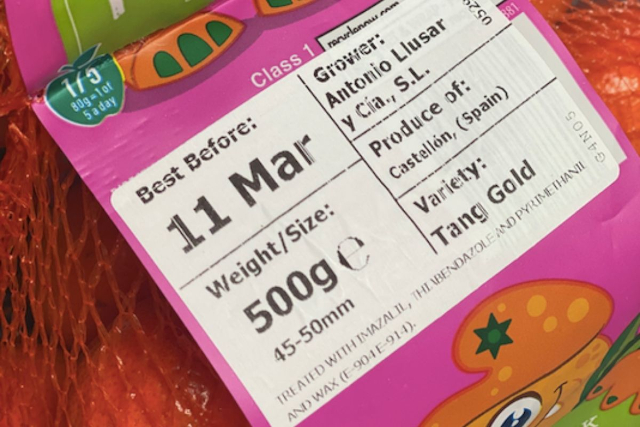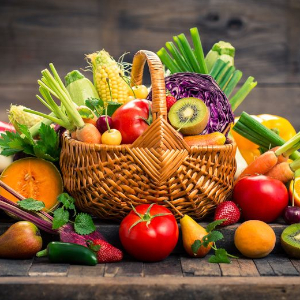A new survey reveals that more Canadians are eating foods that have passed their best before Date. Some observers are concerned about the safety ramifications of that trend. But Post-Best Before foods are not usually dangerous…
 Not the same as an ‘Expiry’ date!
Not the same as an ‘Expiry’ date!
We’ve addressed this issue before. A couple of times. Because social media traffic and mass surveys indicated most folks were still foggy on the matter.
A fresh context
Today, we go down the ‘Best Before Dates’ road again, but in a fresh context.
A new survey by the Dalhousie University Agri-Food Analytics Lab (AFAL) reveals that 58 per cent of those asked said higher supermarket prices made them more inclined to eat foods close to or past their best-before dates. About 37 per cent reported their eating-and-tossing habits with respect to Best Before dating had not changed.
“So you can tell that food inflation really has push(ed) Canadians to think differently about food,” Canada’s Food Guy, Lab Director Prof. Sylvain Charlebois, told Global News. “Not only that, it has pushed Canadians to manage risks, food safety risk at home very differently as well. Food is now an asset and you don’t want to throw it out, if you can utilize it in a way.”
What ‘Best Before’ means
‘Best Before’ does not mean that the food in question is unsafe after that date passes. It is not the same as the ‘Expiry’ date.
Expiry dates indicate when foods may no longer be safe to consume. That is, their shelf life has ended.
Best Before dates merely indicate when foods may be past their peak of freshness.
Virtually all foods sold in all developed Western countries carry Best Before dates. Relatively few carry actual Expiry dates.
The message is: Foods will remain safe to eat after their Best Before dates. If, that is, they’ve been stored and handled properly since you brought them home.
Foods may show deterioration in their flavours, colours or textures after their Best Before dates. But they remain safe to eat – until they become moldy or rotten. Even so, some moldy foods, notably hard cheese, can be salvaged, simply by cutting off the moldy surfaces.
Wasteful confusion
Consumers continue to experience confusion over the difference between Best Before and Expiry dates.
And this, economists and food industry observers caution triggers a lot of preventable food waste. ‘When in doubt, throw it out’ is a convenient though flawed guideline by which to judge fresh or packaged foods.
“Best-before dates are widely misunderstood. They are not expiry dates. They refer to a product’s peak freshness,” the CEO of Second Harvest Canada says. “Eliminating best-before dates would prevent safe, consumable food from being thrown out and save Canadians money on their grocery bills.”
My take
The results of the new AFAL survey seem to indicate that more cash-strapped food shoppers are getting the message – that best Before Dates are not ‘execution’ dates for the foods that carry them.
Charlebois adds, in his comments, that 47 percent of Canadians reported using different food storage and preservation methods to help extend the shelf live of foods. Freezers are back in vogue. And more shoppers are making the effort to store fresh produce in the correct drawer in the fridge.
If the AAAL survey gets wide enough major media coverage… Maybe we won’t have to revisit the issue of Best Before dates again another few months down the road.
~ Maggie J.

